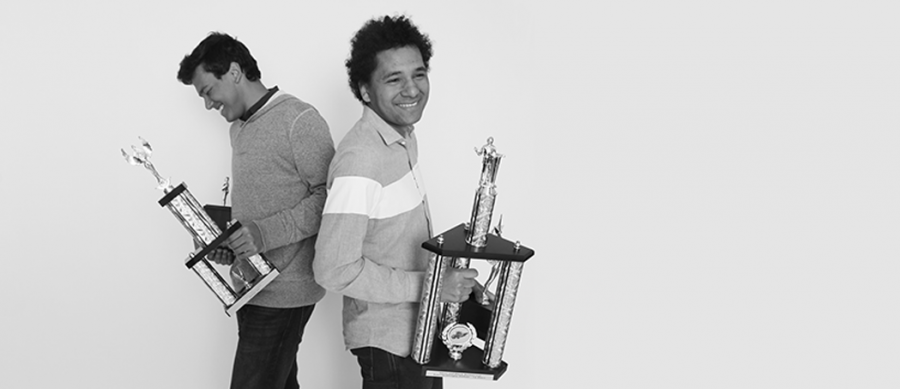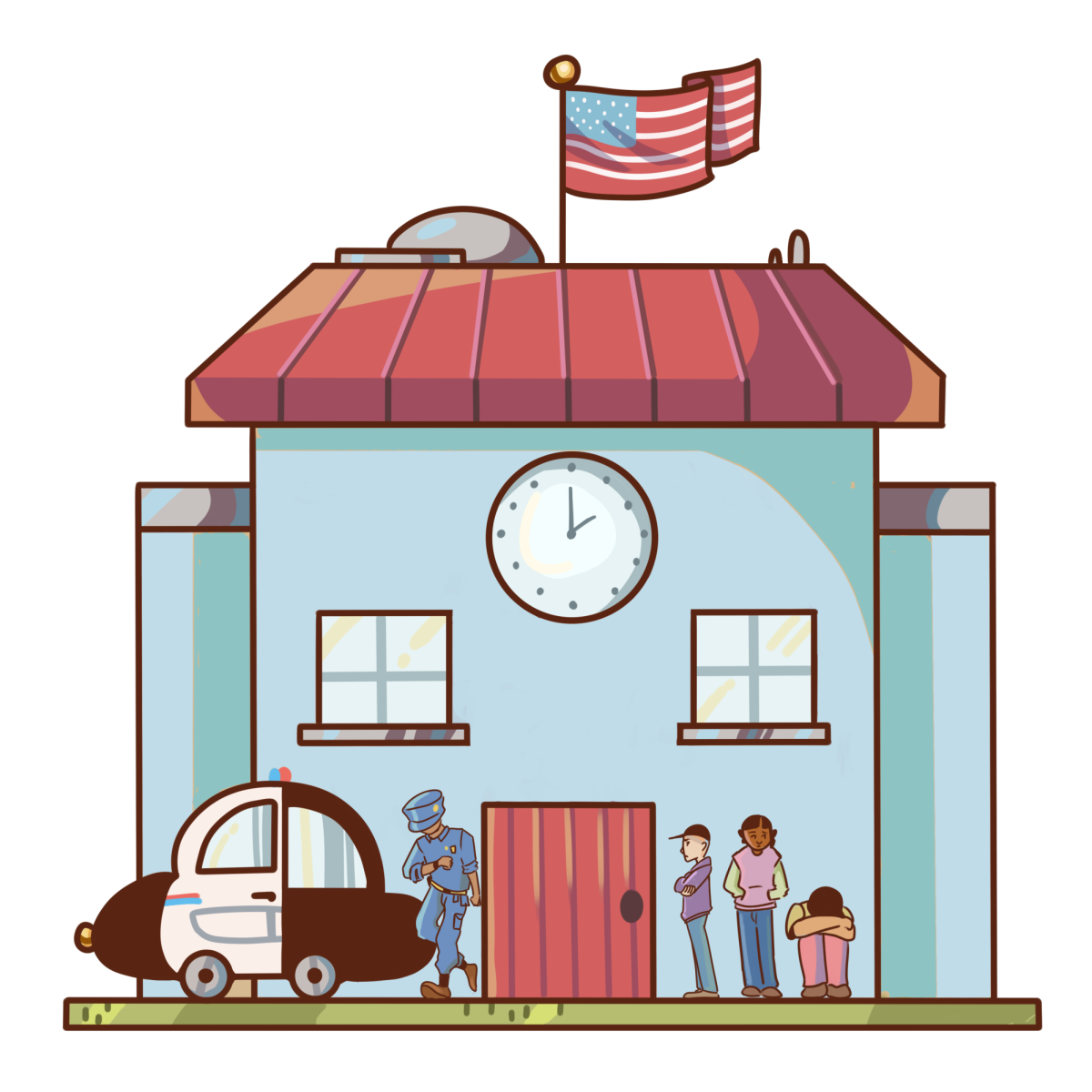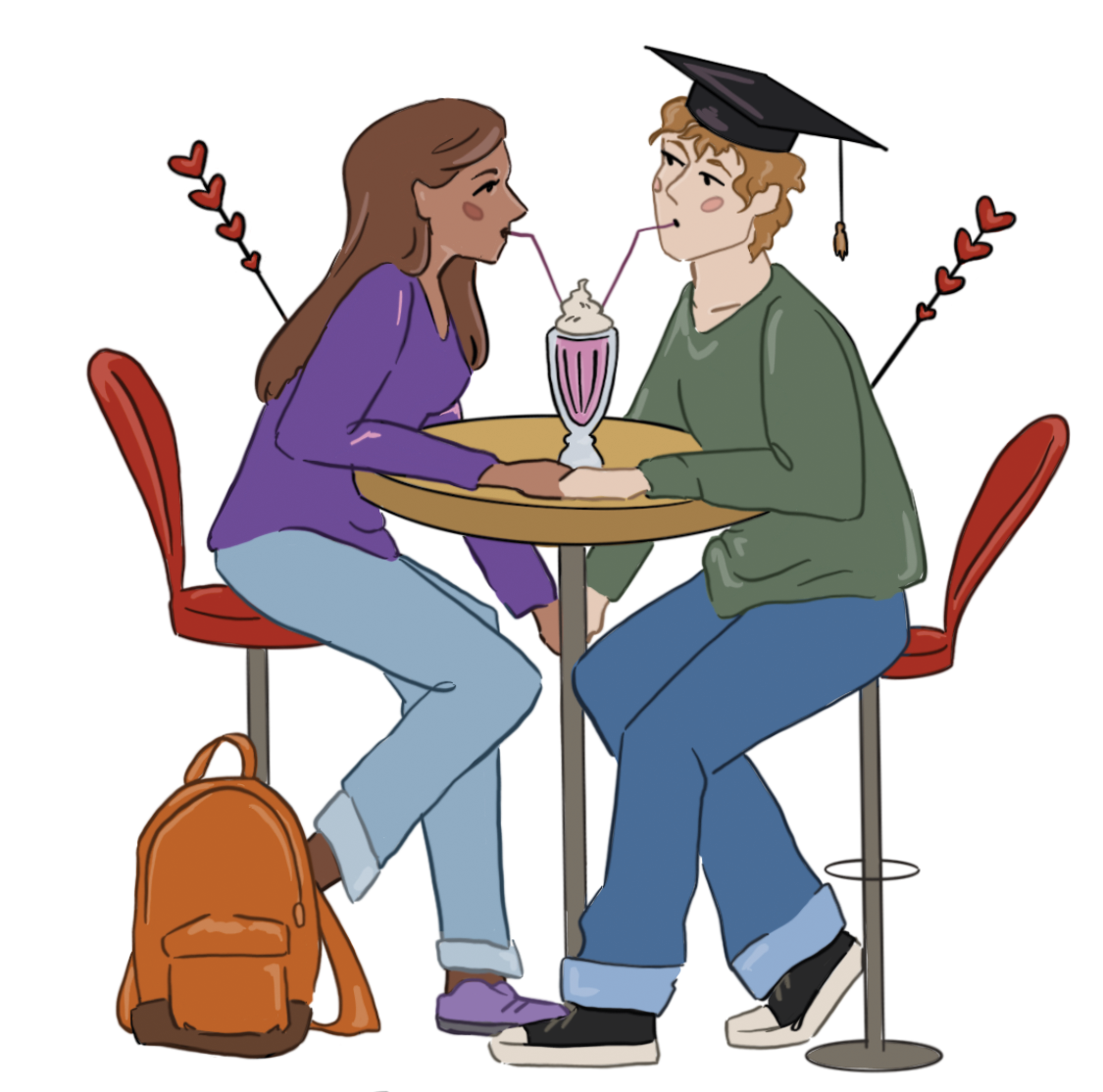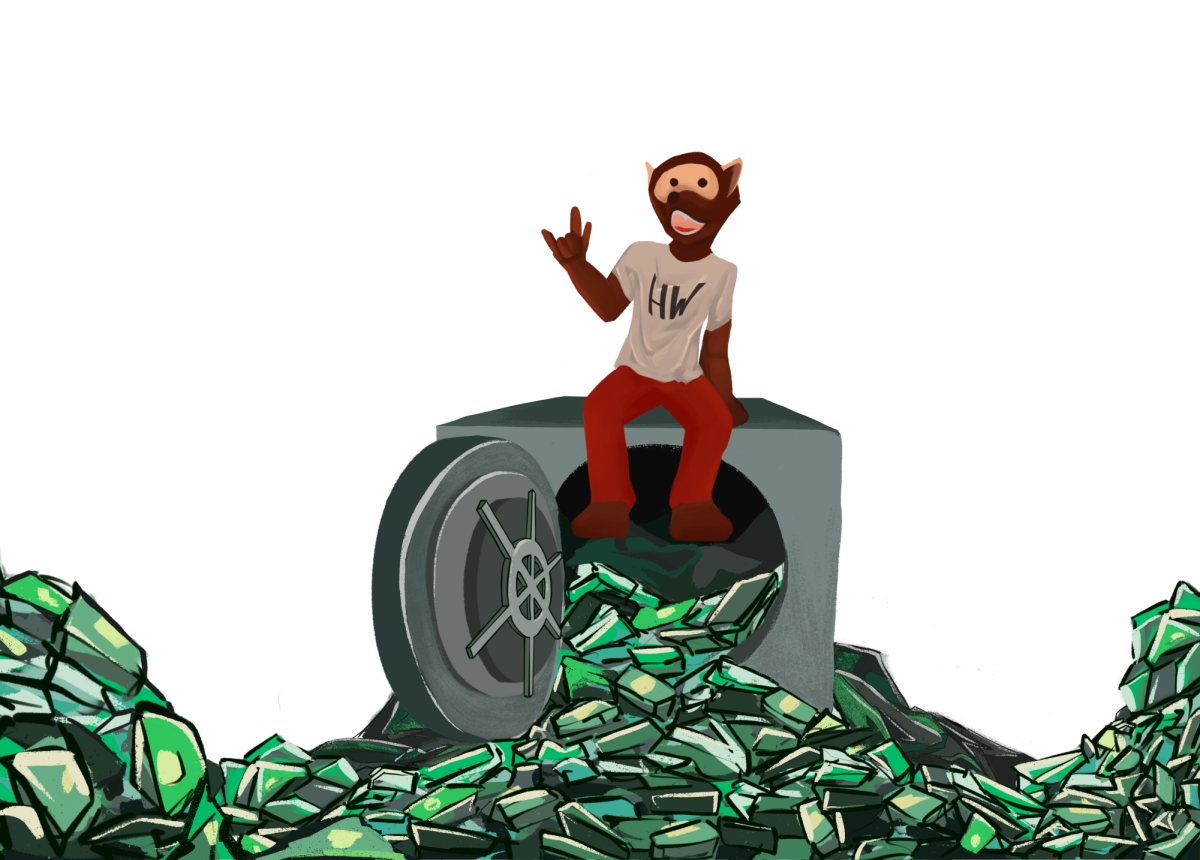After Connor Engel ’17 won a round at a debate tournament, one of the coaches judging the debate told him that he had won the round on a technical level but that the judge disagreed with everything he had said.
Engel had argued a position that both advocated for black debaters to gain recognition and outlined the structures in place that allow for racism in debate. The judge told Engel that, if he had so many issues with debate, he should just quit and that Engel couldn’t really face discrimination as a black debater because he was wearing a nice jacket.
This judge’s opinion is not an unusual one, Engel said. Often, he said, when black debaters attempt to combat discrimination in debate by increasing the discourse about race, white coaches, judges and fellow debaters tell them that, if they have such a problem with debate, they should leave it and not be a part of the community that they take issue with.
Both Engel and his brother Evan Engel ’17, who is also on the debate team, try to run policies related to race when they are relevant to further the conversation about these issues in debate.
Historically, black debaters have been met with this backlash ever since entering the world of debate and speaking about issues of race in debate, Connor Engel said.
“In the past few years, arguments centered around race have moved from the fringe and into mainstream debate as we’re seeing a larger influx of black debaters, which is due to a lot more programs that help minority debaters like the Urban Debate League,” Connor Engel said.
The Urban Debate League is a organization that establishes and supports debate teams in urban public schools across the country. According to its website, 63 percent of debaters involved in its organization are African American or Latino.
Although they have been met with some resistance from judges and fellow debaters when it comes to running these positions, it hasn’t stopped Connor Engel or Evan Engel from achieving national success in the field of high school debate.
On the Los Angeles Debate Intensive’s list of the best 200 high school debaters in the country, Evan Engel is ranked second and Connor Engel is ranked nineteenth.
They both qualified for and had positive records at the Tournament of Champions last year, which is seen as the most difficult debate tournament of the year. This year, Connor finished as a semifinalist and Evan won the Glenbrooks speech and debate tournament, earning them both bids for this year’s Tournament of Champions.
“There are more programs that are teaching progressive styles of debate and are teaching engagement in these styles of argument, so it’s becoming more of a normal thing to hear these arguments, and you can expect to hear them in every debate tournament now, especially since this year a lot of the top debaters are black,” Connor Engel said.
Evan Engel said that others can be quick to box him into a certain category of debater because of some of the positions he runs.
“What I’ve noticed is that, no matter how far right I go, I have never really shook the mantle of ‘race debater,’ which I think speaks to some amount of stereotyping or bias in our community,” Evan Engel said.
Elijah Smith, a nationally recognized former collegiate debater and a current assistant debate coach at Stanford University, who was member of the first African American team to win the championship title at the National Debate Tournament, said that speaking up about issues of race during debate rounds is important, but that there is also more work that can be done.
“I think African American debaters are doing great work when they run positions that deal with race in competition rounds, but I don’t think that we can allow the work to stop there,” Smith said. “Students of color have to engage their teammates, their families, their friends and random people in the cafeteria whenever they hear or see things occurring that propagate structural violence. We’ve all heard people use racial slurs, make jokes or say negative things about people in debate, and if you haven’t, you’re fortunate. I’ve also heard many of these comments directed towards black people in debate.”
Smith also said that school debate programs need to include more minority students and actively work to make them feel comfortable in order to increase diversity and fight against discrimination.
“Many schools do have harassment policies, but I think it’s important that each squad makes it clear what they think about how we treat people in debate,” Smith said. “I also think that debate coaches who are teachers should actively try to recruit black and Latino students. There is no way to resolve the disproportionate exclusion of black and Latino students unless coaches take disproportionate action to resolve that exclusion.”
Connor Engel said that the school debate team has provided him with the support he needs to successfully run progressive arguments.
“I think the debate program at Harvard-Westlake is fantastic,” Connor said. “Our coaches are amazing. They’re a constant source of support and intelligence and hard work. We have really hardworking and committed coaches who love the craft and are very committed to expanding the program.”



































